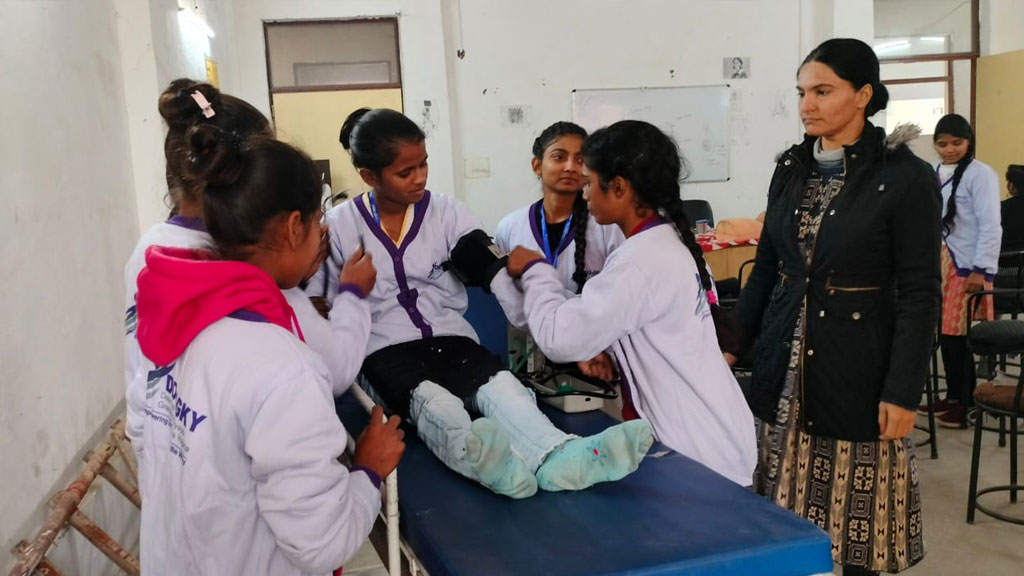Introduction:
Education is widely recognized as a powerful catalyst for positive social change, and the impact of educational initiatives often extends far beyond the classroom. This article explores the concept of the “ripple effect” in the context of education, delving into how targeted educational programs can create a cascade of positive outcomes that reach individuals, communities, and society at large.
Empowering Individuals:
Knowledge and Skills Acquisition: Educational initiatives equip individuals with the knowledge and skills needed to navigate the complexities of the modern world.
Empowering Critical Thinking: Education fosters critical thinking, empowering individuals to analyze information, make informed decisions, and contribute meaningfully to society.
Economic Empowerment:
Enhanced Employability: A well-educated workforce enhances employability, driving economic growth and reducing unemployment rates.
Entrepreneurship Opportunities: Education fosters an entrepreneurial spirit, enabling individuals to create businesses and contribute to economic development.
Breaking the Cycle of Poverty:
Generational Impact: Education has the power to break the cycle of poverty by providing individuals with the tools to secure better employment opportunities and improve their quality of life.
Investing in Future Generations: Educated parents are more likely to prioritize their children’s education, creating a positive intergenerational impact.
Social Inclusion and Equality:
Promoting Diversity: Education promotes social inclusion by fostering an understanding and appreciation of diversity among individuals.
Gender Equality: Educational initiatives play a pivotal role in promoting gender equality by providing equal opportunities for boys and girls.
Health and Well-being:
Health Literacy: Education contributes to improved health outcomes by promoting health literacy and encouraging healthy lifestyle choices.
Access to Healthcare: Educated individuals are more likely to access healthcare services, leading to better overall community health.
Civic Engagement and Democracy:
Informed Citizenship: Education cultivates informed and engaged citizens, fostering active participation in democratic processes.
Social Responsibility: An educated population is more likely to understand and uphold principles of social responsibility, contributing to the betterment of society.
Environmental Stewardship:
Sustainability Education: Educational initiatives that focus on environmental stewardship instill a sense of responsibility for the planet among students.
Creating Eco-Conscious Communities: Educated individuals are more likely to adopt sustainable practices, contributing to the global effort to address environmental challenges.
Global Citizenship:
Cultural Understanding: Education promotes cultural understanding, creating a foundation for peaceful coexistence in a globalized world.
Global Problem Solving: Educated individuals are better equipped to address global challenges, such as poverty, climate change, and inequality, through collaborative efforts.
Conclusion:
The ripple effect of education is a testament to its transformative power. By investing in educational initiatives, organizations and communities can set in motion a positive cascade that uplifts individuals, transforms communities, and contributes to the advancement of society as a whole. Recognizing and harnessing the far-reaching impact of education is key to building a sustainable, inclusive, and thriving future for generations to come.
- By admin

